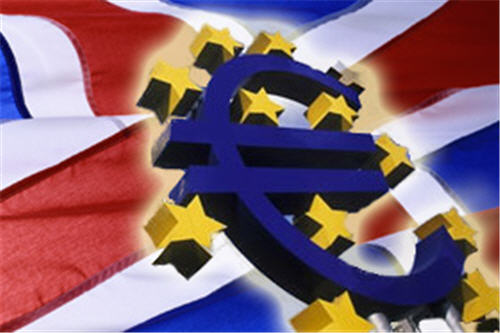
Fiercely independent Iceland is ready to make its bid to join the European Union in the wake of the global financial crisis that has devastated the island nation’s economy more than most. Prime Minister Johanna Sigurdardottir deemed it “probably the most historic vote in the history of our parliament.” The Althingi is the world’s oldest legislative body.
FT‘s Andrew Ward reports,
The north Atlantic island nation, whose overheated banking industry collapsed spectacularly last year at the height of the credit crisis, faces two years of negotiations before it holds a national referendum on whether to join the bloc of 27 countries.
Its parliament on Thursday narrowly voted in favour of accession talks, a decision that reflected a shift in public opinion that had been fiercely opposed to membership. Pro-EU lawmakers prevailed by 33 votes to 28 after nearly a week of heated debate over whether accession would help or hinder Iceland’s recovery.
The formal request is expected by month’s end and is being hailed by EU leaders.
The vote was welcomed by Fredrik Reinfeldt, Swedish prime minister, whose country holds the rotating EU presidency.
José Manuel Barroso, president of the European Commission, said it was “a sign of the vitality of the European project and indicative of the hope that Europe represents”. Iceland has “very close relations with the EU after some 40 years of EFTA [European Free Trade Association] membership and 15 years in the European Economic Area”, he added.
Steingrimur Sigfusson warned that voters might well vote against the move.
While polls show about 60 per cent of people support opening negotiations, many remain wary of ceding sovereignty to Brussels less than 70 years after winning independence from Denmark. Much concern is focused on the threat of EU interference in the country’s fish stocks, one of its biggest remaining sources of wealth and a focus of national pride.
Time‘s Leo Cendrowicz thinks those attitudes have been overcome: “these days Icelanders are enduring an identity crisis. Almost bankrupted by the economic downturn — which they call the “Kreppa” — they are shedding age-old shibboleths about their sturdy self-sufficiency.”
In the space of just days, as huge debts tore at Iceland’s banking system, the country went from being one of the world’s richest nations per head to virtually a failed economy. The statistics tell a stunning story: Iceland’s currency, the krona, shed nearly half its value; inflation rose to over 12%; the stock exchange fell 89%; a $10 billion IMF bailout was sought; half the country’s businesses became technically insolvent; 15% of Icelanders fell into negative equity.
Now Iceland sees the E.U. as a safe haven from the world’s harsh economic winds. In particular, euro membership would allow it to ditch the crippled krona. The E.U. would gain a new member with similar values to its own, which would help strengthen its reach as a global power. In return, Iceland can expect accession talks to move at a double-quick pace. As a member of the European Economic Area (EEA), Iceland already has access to the E.U.’s single market. It is also part of Europe’s border-free Schengen zone, and virtually all the other E.U. programs open to non-member states. Around two-thirds of all Icelandic law is already in line with E.U. rules.
Because of this and the fact that the other members very much want such a modern state to join, Cendrowicz believes “Iceland could leapfrog other wannabe members in the E.U. queue such as Albania and Turkey, and join at the same time as the current frontrunner candidate country, Croatia.”
Iceland’s traditional jealously for its sovereignty is quite understandable. The fact of the matter, though, is that it’s a very small country bordered by the world’s largest and most prosperous trade zone. Its population is half Washington, DC’s and its GDP is barely ahead of Ecuador’s. It simply can’t afford to swim alone anymore.
James Joyner is managing editor of the Atlantic Council.
Image: iceland_eu1.jpg
